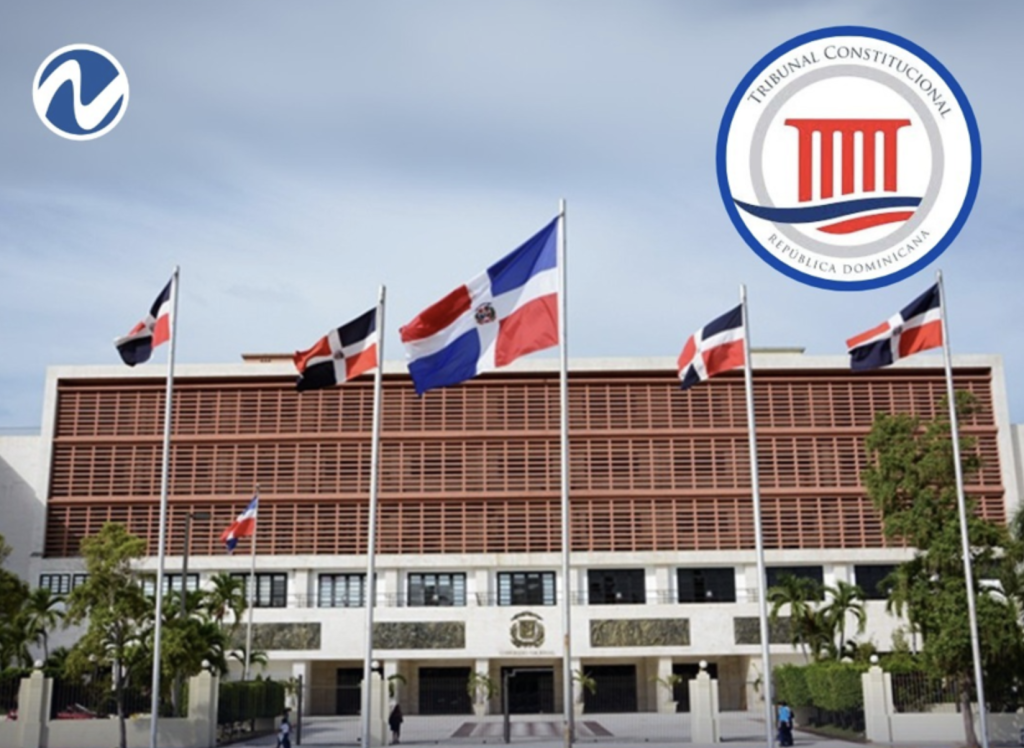
In a landmark ruling, the Constitutional Court of the Dominican Republic has declared a law regulating the use of public force in embargo proceedings unconstitutional. The decision, which follows a direct action of unconstitutionality, puts an end to a legal framework that had been widely criticized for enabling abuse. Yet, the ruling says that Congress needs to pass a new law, and thus the old law will still be in effect for two years.
The court’s decision, outlined in Sentence TC/0743/25, found that Law No. 396-19 violated several key constitutional principles. The law had empowered the Public Ministry to authorize and direct the use of public force for seizing movable and immovable property, a role the court determined was unconstitutional.
According to the ruling, the law was fundamentally flawed for two main reasons. First, it failed to follow the proper legislative procedure, as it was not passed as an organic law, a specific requirement under the Dominican Constitution.
Second, the court found the law violated the separation of powers. The ruling reaffirms that the authority to execute judicial rulings belongs exclusively to the Judicial Branch, as stipulated in Article 149 of the Constitution. By granting the Public Ministry the power to direct or suspend the use of force, the law infringed upon the judiciary’s rightful function and compromised the fundamental right to effective judicial protection.
The court clarified that while the Public Ministry can intervene to prosecute crimes that may occur during an execution, it does not have the authority to direct or authorize the use of force for the embargo itself. That power, the court stated, must be exercised by a judge or competent court.
To prevent a legal void, the court has deferred the effects of the unconstitutionality for a period of two years. This gives the National Congress time to draft and enact a new law that adheres to the constitutional principles outlined in the ruling.
The decision was communicated to the plaintiffs in the case: Genaro A. Silvestre Scroggins, Franklin José Zabala Jiménez, and the National Association of United Marshals (ANAU). This historic ruling marks a significant step toward reforming the legal framework for embargoes in the country.
Read more in Spanish:
N Digital
Listin Diario
11 September 2025

